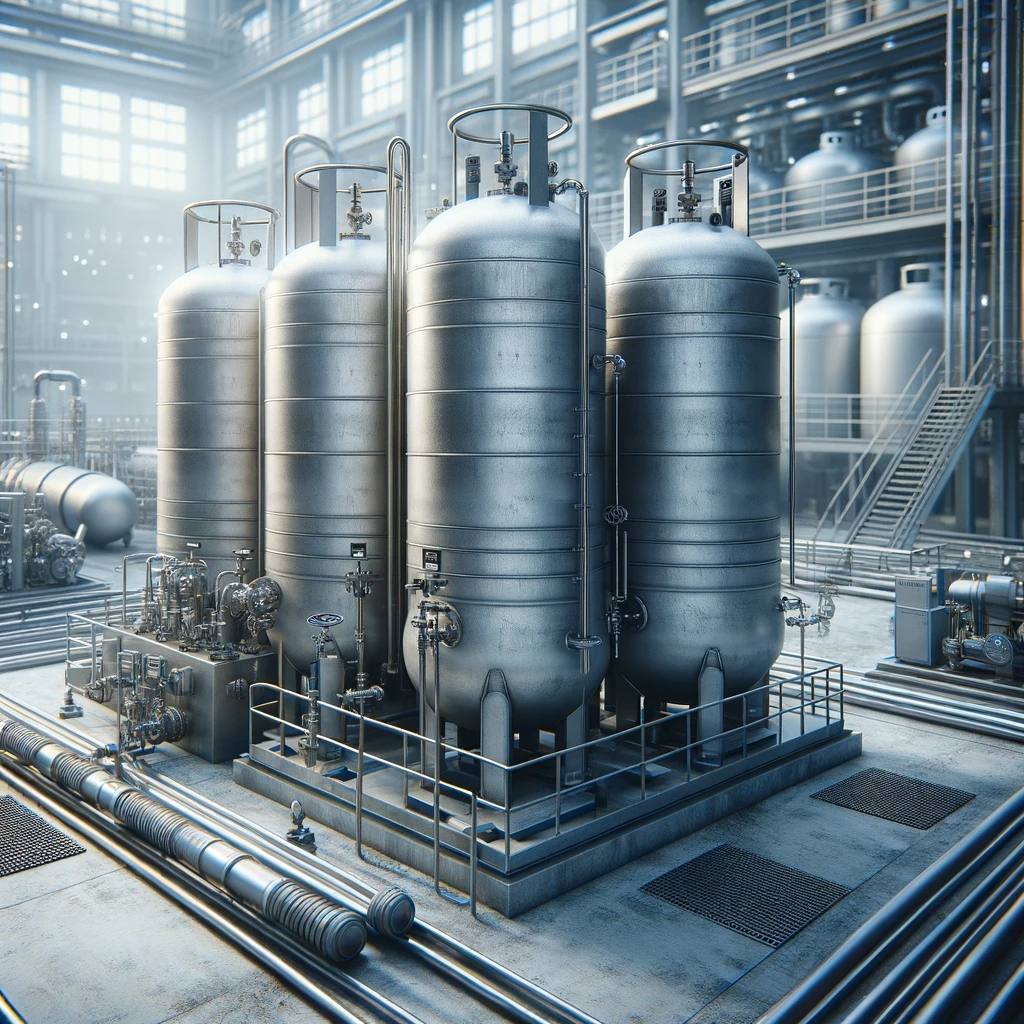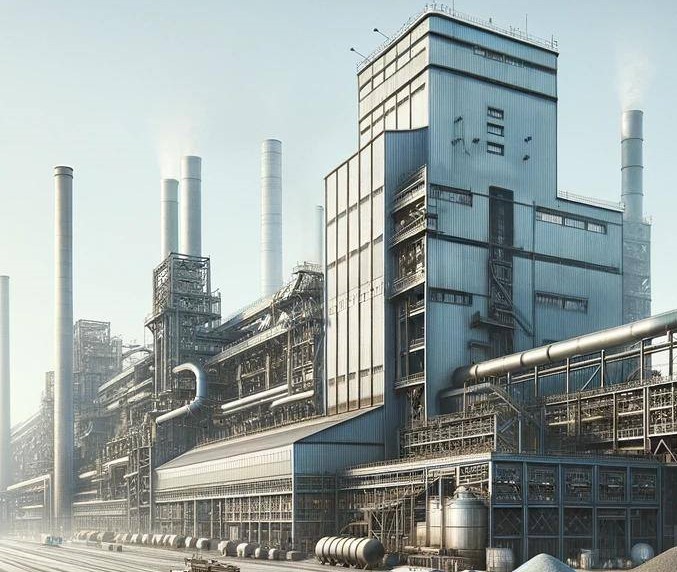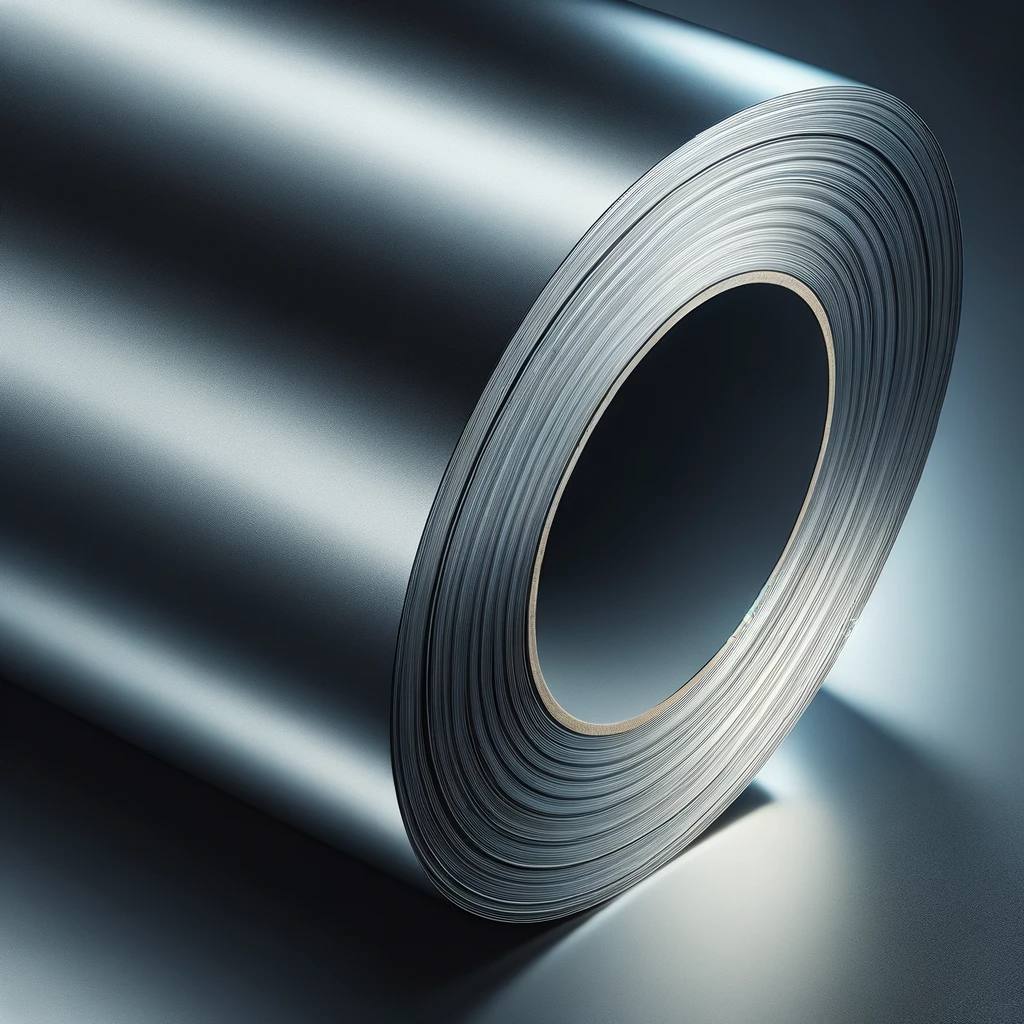The Indian Oil and Gas Industry – Outlook, Demand and Growth
3. March 2022The Indian oil and gas industry is one of eight key industries and plays an important role in decisions for other sectors of the local economy. According to the Indian Business Institute (IBEF), India is one of the world’s largest consumers of fossil fuels after the OECD countries. For instance, the import bill of crude oil into India grew massively from US$ 70.72 billion in 2016-17 to US$ 101.4 billion in 2019-20. With the subcontinent’s growing energy demand, this figure is likely to rise further in the future. Analysts predict that India’s energy demand will increase the most among all major economies. Experts expect India’s energy demand to double from 753.7 Mtoe in 2017 to 1,516 Mtoe by 2035, and India’s share of global energy consumption is estimated to double by 2035. Production facilities, refineries and equipment from the oil and gas industry usually require PESO certification to be approved for the Indian market.
From these figures, there will also be an increasing demand for refined petroleum products. The demand for oil in India will double by 2045 and then amount to 11 million barrels. The demand for diesel will also double between 2029 and 2030 to 163 MT. According to calculations, oil and gas will account for about 58 per cent of India’s oil demand in 2045. The consumption of natural gas in India will increase by nine per cent annually to 25 billion cubic metres by 2024. Due to the increasing demand for oil and gas, extraction, refining and other areas of this industry will also have to be expanded. Therefore, the demand for imported products in the oil and gas industry will also increase. According to the responsible minister, Pradhan, foreign investors have the opportunity to invest up to 300 billion US dollars in 2022. To this end, the Indian government has adopted the following supportive guidelines: Since July 2021, 100 per cent foreign direct investment is allowed in state-owned enterprises in the oil and gas sector. In addition, 100 per cent FDI is allowed in upstream projects and non-state refineries.
Therefore, the Indian oil and gas industry offers good opportunities for your company to provide services and products there or to produce locally. However, most equipment, plants and facilities have to undergo mandatory PESO certification. This is issued by the Petroleum and Explosives Safety Organisation of India. Relevant product groups or components are for example gas and pressure vessels, valves and fittings or safety equipment. The following link leads to a list of PESO certification mandatory products. The experts at MPR International GmbH are available to answer your questions about PESO certification or other India certifications without obligation for an initial assessment.
If you are interested in understanding what requirements are needed for your product to be imported into India, please do not hesitate to contact us by email or phone (Europe: +49-69-271 37 69 261, US: +1 773 654-2673). There is no cost or obligation for us to check for you. If a certification need is discovered we can provide a quotation to make sure that all your certification needs are covered.
If you have any questions you can also use our chat-window in the bottom right. (Please check your browser settings if you can’t see the window)
For more information about PESO certification, please refer to our free brochure “PESO Certification Made Easy“.











